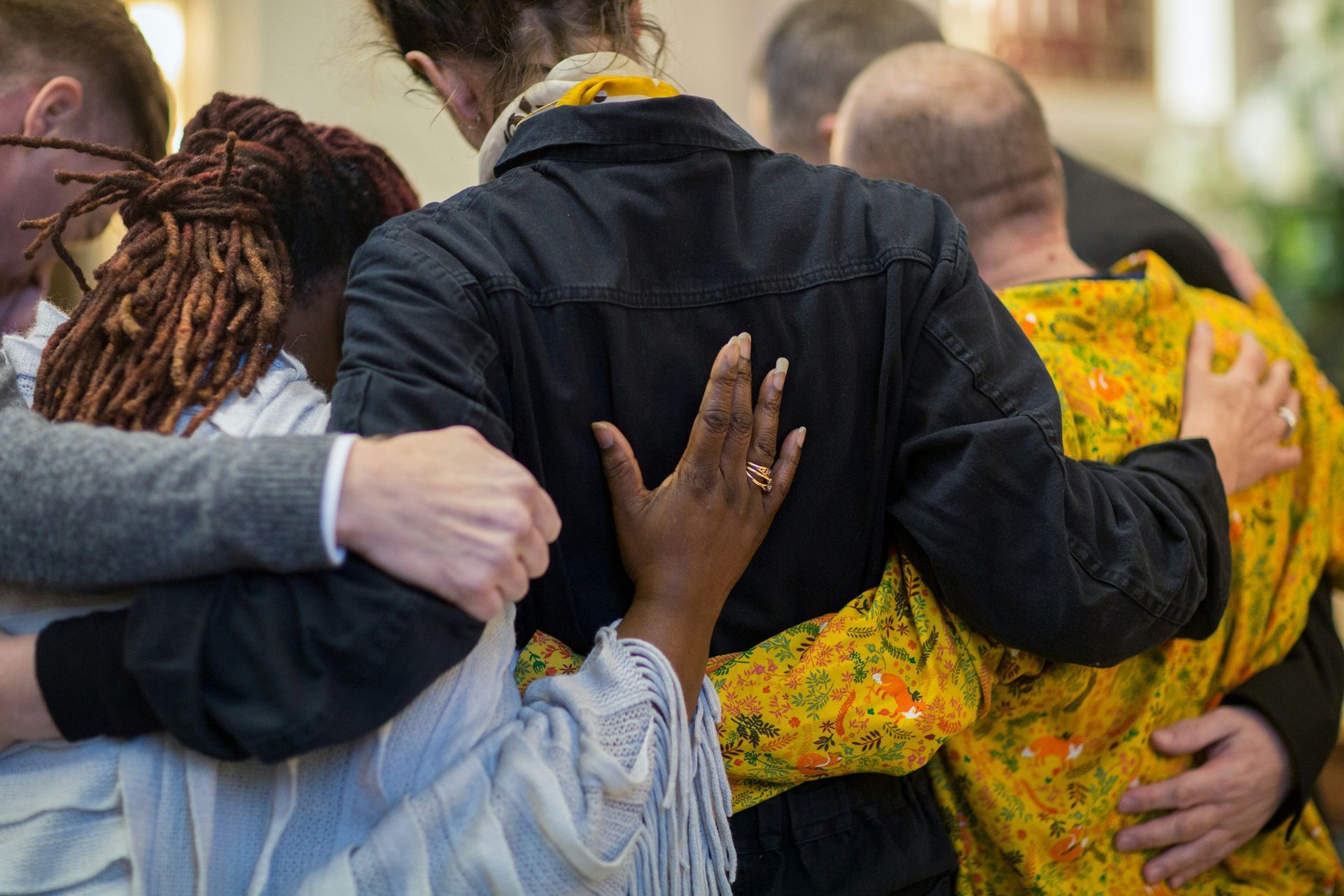Breaking Free from Complicated Grief: Evidence-Based Hope for Those Who Feel Stuck in Loss
When Grief Becomes a Prison: Understanding the Path to Healing Through Expert-Backed Therapy and Counseling

Sarah stared at her husband's empty chair across the breakfast table, just as she had every morning for the past two years. The acute pain of his sudden passing had never softened, never evolved into the gentle remembrance her friends described experiencing with their own losses. Instead, it felt as raw and consuming as the day he died, leaving her unable to work, socialize, or imagine any future without him.
The Problem: When Normal Grief Becomes Complicated
While grief is a natural response to loss, some individuals become trapped in what mental health professionals call "complicated grief" or prolonged grief disorder. Complicated grief is intense grief after the death of a loved one that lasts longer than expected according to social norms and causes functional impairment. Unlike typical bereavement, which gradually softens over time, complicated grief maintains its sharp intensity, preventing individuals from adapting to life without their loved one.
Dr. Katherine Shear estimates the syndrome afflicts seven percent of the bereaved population, describing how complicated grief "grabs some people by their heels and pulls them under so they are drowning in their lives." This research from Columbia University's Center for Prolonged Grief has revolutionized our understanding of why some people struggle to move forward after loss.
The Solution: Specialized Treatment That Actually Works
The breakthrough in complicated grief treatment came through Dr. Shear's development and testing of Prolonged Grief Disorder Therapy (previously called Complicated Grief Treatment), which proved to be efficacious in randomized controlled trials. This specialized approach recognizes that complicated grief is not simply depression and requires targeted intervention rather than traditional grief counseling alone.
Research shows the response rate was greater for complicated grief treatment (51%) than for interpersonal psychotherapy (28%) and produced faster healing times. This evidence-based therapy combines elements from multiple therapeutic approaches to address the specific needs of those experiencing prolonged grief.
The Memory Work Technique: Transforming Pain into Connection
Complicated grief therapy includes techniques similar to prolonged exposure (repeatedly telling the story of the death and in vivo exposure activities). The treatment also involves focusing on personal goals and relationships.
The Process:
- Safe Recounting: Work with your therapist to repeatedly tell the story of your loss in a controlled, supportive environment
- Memory Integration: Process traumatic aspects of the death while preserving loving memories
- Exposure Exercises: Gradually engage with avoided places, activities, or reminders connected to your loved one
- Goal Setting: Identify meaningful life activities and relationships to re-engage with
The Benefits: This approach helps transform overwhelming grief reactions into manageable sadness while maintaining your connection to your loved one. Rather than "getting over" the loss, you learn to carry your love forward while rebuilding your capacity for joy and meaning.
Moving Forward: Your Path to Healing
Just as Sarah sat at that breakfast table each morning, you may feel trapped in your grief, wondering if healing is possible. Successful adaptation requires understanding the finality and consequences of the loss, revising future hopes and plans, and redefining the relationship with the deceased. The research is clear: with proper treatment, people can and do recover from complicated grief while maintaining their precious connection to those they've lost.
If you recognize yourself in Sarah's story, know that specialized help is available. The pain you're experiencing is real, valid, and treatable. You don't have to remain stuck in a grief that feels impossible to bear.
Ready to take the first step toward healing? The caring therapists at Bareiter Counseling Center understand the unique challenges of complicated grief and are trained in evidence-based approaches to help you find your path forward. Call us today at 704-334-0524 to begin your journey toward hope and renewed connection with life.
References:
- Shear, M. K. (2015). Complicated grief. New England Journal of Medicine, 372(2), 153-160.
- Shear, M. K., et al. (2005). Treatment of complicated grief: a randomized controlled trial. JAMA, 293(21), 2601-2608.
- Center for Prolonged Grief, Columbia University School of Social Work.



